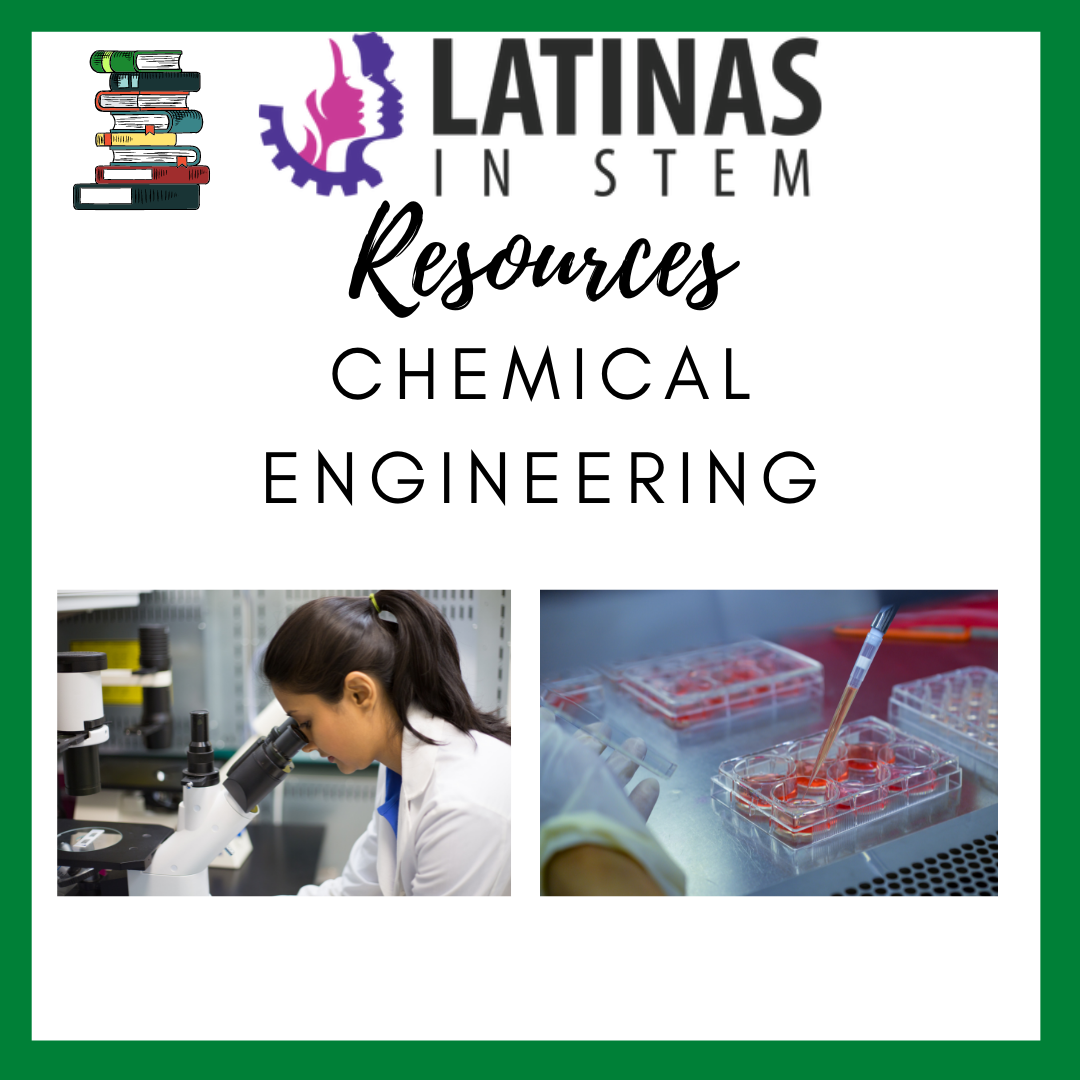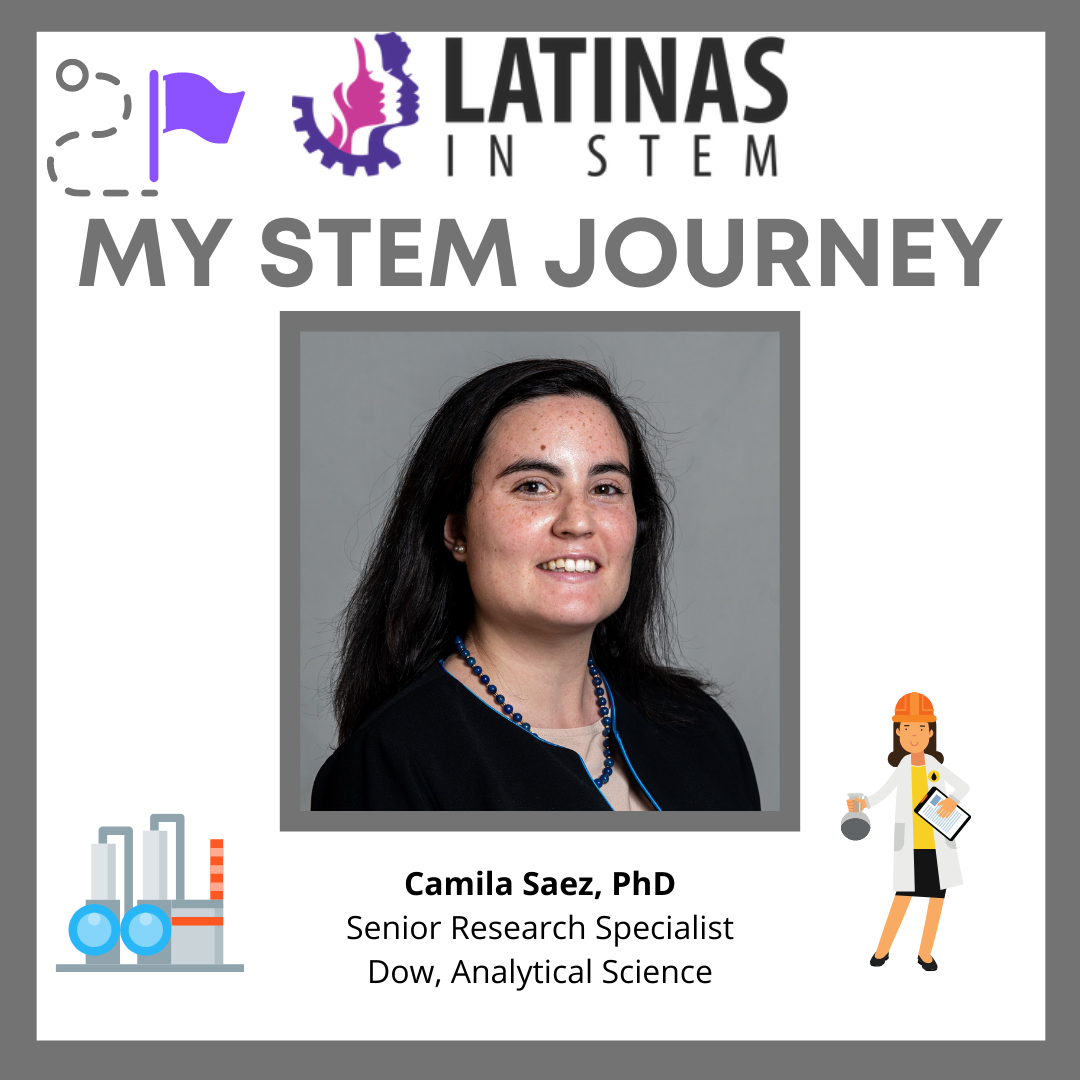https://www.aiche.org/
Collaborate and network with like-minded scientist near you or around the world.
https://www.acs.org/content/acs/en.html
Mexican Institute for chemical engineers
https://web.archive.org/web/20081219183516/http://www.imiq.org/
USNEWS and World Report Best Undergraduate Chemical Engineering Programs
https://www.usnews.com/best-colleges/rankings/engineering-doctorate-chemical
Bureau of Labor Statistics Wage and Occupational Statistics for Chemical Engineers
https://www.bls.gov/oes/current/oes172041.htm




 RSS Feed
RSS Feed

